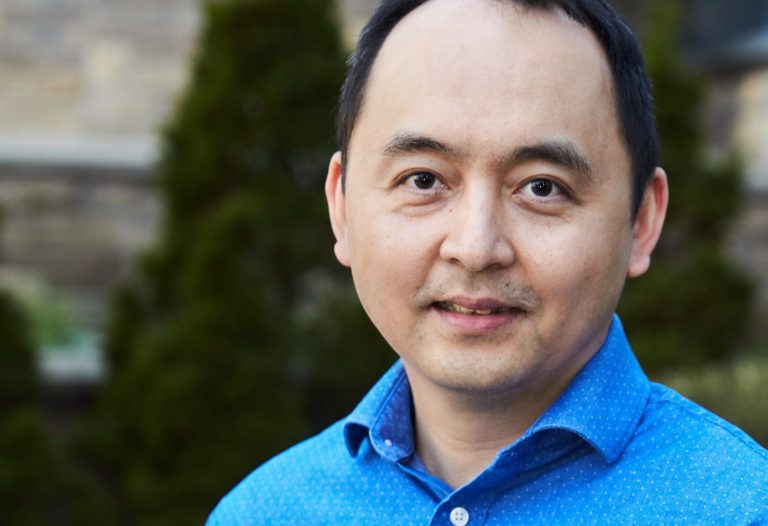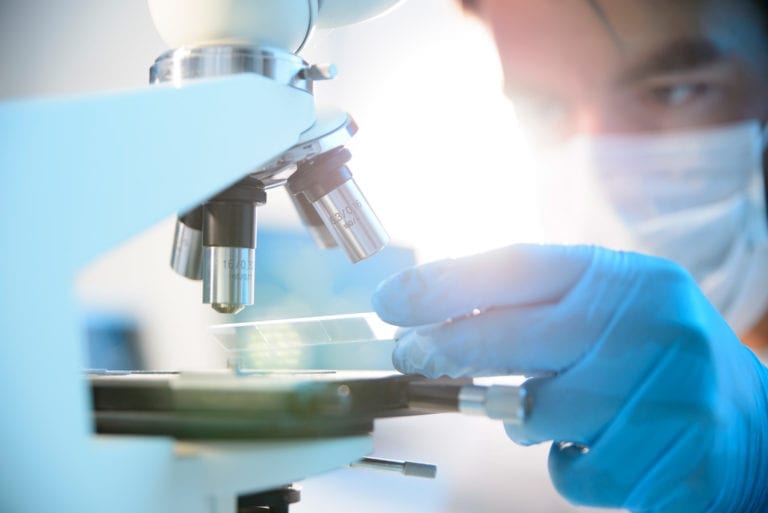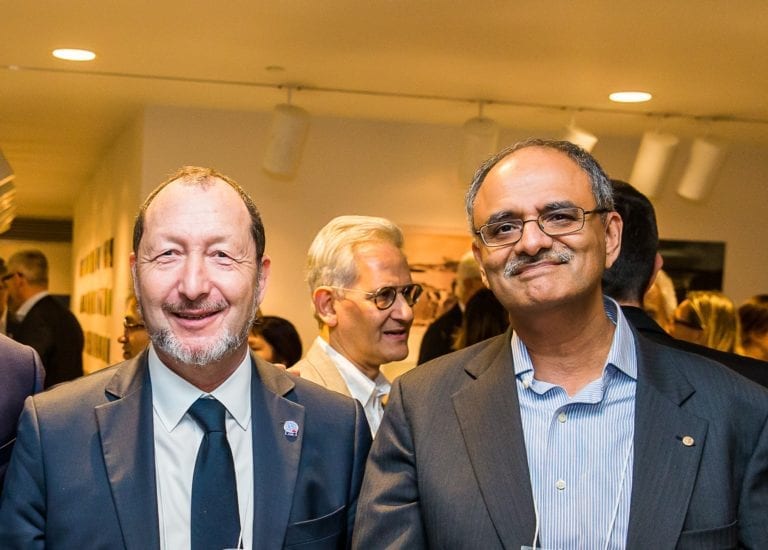PHRI is extending the reach and scope of COVID-19 research by tapping into its long-running, globe-spanning Prospective Urban and Rural Epidemiological (PURE) study.
PHRI Scientist Darry Leong and his team will be studying 40,000 adults from 30 communities in 13 high-, middle- and low-income countries in the substudy, called PURE COVID-19.
They are searching for answers to two important questions:
- 1. Are there factors that increase the risk of people getting infected by COVID-19, or that protect against infection?
- 2. What are the long-term health effects of getting infected by COVID-19? If you’ve had the infection (even if symptoms were not severe), can that lead to long-term lung damage and other complications such as pneumonia, heart attacks, heart failure and stroke?

Darryl Leong
Participants in the PURE COVID-19 sub-study have already agreed to participate in PURE; they have already provided much information about their health, behaviours and medications. PHRI has performed physical measurements and tested their lung function.
Now, the PHRI team will be testing the blood of these individuals for signs of COVID-19 infection. They can then see if people who had COVID-19 exhibited particular characteristics, such as smoking, alcohol use or low physical activity that increased their risk of getting COVID-19.
Because people with bad COVID-19 infection often get damaged lungs, the study team will test the lung function of participants to see if silent or mild infection lead to injured lungs as well.
Finally, PHRI will follow the study participants up for three years to see whether people who had COVID-19 infection develop late complications (such as lung disease, heart or circulatory problems) more often than people who did not get COVID-19.
This unique substudy will provide information to guide individuals and communities on how best to avoid getting COVID-19, and on potential harmful long-term consequences of infection for which we should prepare.
PURE COVID-19 has been awarded $2,066,870 in funding from the International Development Research Centre (IDRC) – part of the Canadian federal government’s most recent COVID-19 rapid research response grants.



